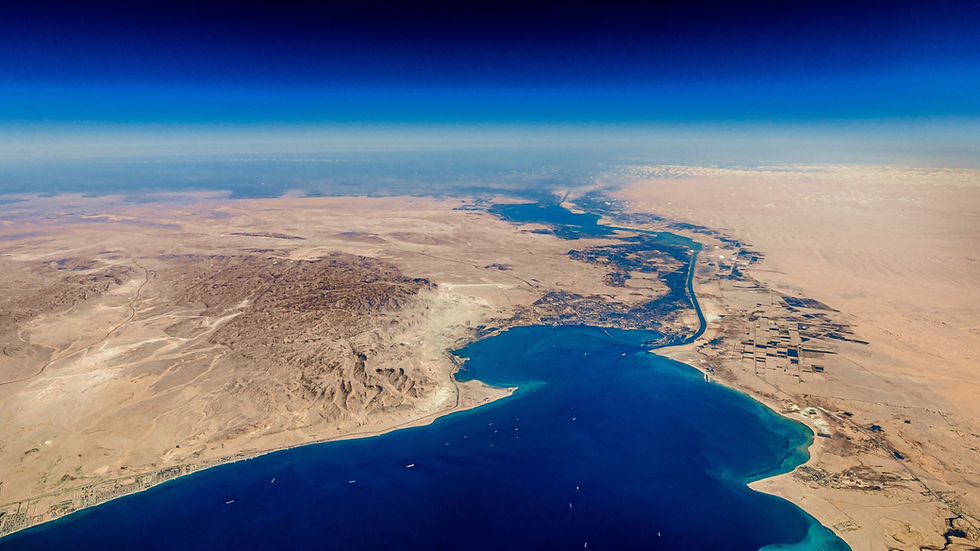Turkey's Grey Wolves peek at the EURO: what's behind Demiral's gesture?
- Clara Arias
- 6 jul 2024
- 4 Min. de lectura
Actualizado: 2 oct 2024
Turkish footballer Merih Demiral made the gesture of this ultra-nationalist group in celebration of a goal and UEFA has sanctioned him with a two-match ban

Turkish footballer Merih Demiral celebrates his second goal against Austria with an ultra-nationalist salute
Merih Demiral, scorer of the two goals against Austria that sent Turkey through to the quarter-finals of the European Championship, has caused a stir after making the gesture that identifies the Turkish ultra-nationalist group "Grey Wolves". The uproar has been such that UEFA opened an investigation against him and eventually suspended him for two matches, and Germany - host of Euro 2024 - has accused him of promoting "far-right" and "racist" ideas. The reason for the controversy is the gesture the player made to celebrate Turkey's victory over Austria: the Grey Wolf symbol.
WHO ARE THE GREY WOLVES?
Its origin is based on Turkish mythology, according to which the wolf Asena protected a young survivor of a battle who, after recovering, founded the first of the great Turkish empires in Central Asia. For ultra-nationalist Turks, wolves are therefore a symbol of Turkish sentiment and represent this movement with a gesture that simulates the head of a wolf.

In 1970s Turkey, the sign became a hallmark of the extreme right-wing paramilitary groups linked to the Nationalist Action Party (MHP) that confronted left-wing militants on the streets and carried out hundreds of assassinations. These groups were commonly nicknamed "Grey Wolves", precisely because of the hand gesture they made.
The bozkurtlar –"Grey Wolves" in Turkish– moved in their early days between hardcore anti-communism and pan-Turkish ideology. Their shock groups are credited with more than 600 deaths during the Turkish "years of lead" that ended with Kenan Euren's coup d'état in 1980, in which they served as support for the military. Their targets included leftists, human rights activists and Kurdish and Armenian 'separatists'.
Thus, the struggle for Greater Turkey led its activists to commit attacks against militants of the Armenian Secret Army for the Liberation of Armenia (ASALA) in the 1980s and against those of the Kurdistan Workers' Party (PKK) in the 1990s. Some of these actions were supported by Turkish intelligence, as they took place in international scenarios such as Lebanon or France, among other countries.
In order to finance these operations, some of their leaders went into the world of drug trafficking, where they even found a permanent occupation, combining drug business with political activism. Over the years, most of the former armed "idealists" opted for classical politics through the MHP. Others, however, continued to be linked to the murky world of crime and intelligence services.
In any case, the Grey Wolves remain a reference point for Turkish ultra-nationalism and are credited, for example, with stopping the screening of a film on the Armenian genocide - a taboo subject - in Turkey. Other sources insist on pointing to the label's heirs as fighters on fronts that are sympathetic to the pro-Turkish cause.
THE IMPACT OF GREY WOLVES
The Grey Wolves are more than a group. It is an ultra-nationalist ideology that is spread across various parties and organisations, with the aforementioned MHP –current governing partner of Turkish President Recep Tayyip Erdoğan– being one of the main ones. Turkey's leader himself has made the gesture at several political rallies, as have leaders of the centre-left opposition, seeking the votes of sympathisers of this ideology, which has finally ended up normalising a gesture traditionally linked to the far right and ultra-nationalism.

Erdoğan making the Grey Wolves gesture at a rally in 2018
Demiral probably didn't even stop to think about the dust that his gesture could raise. While Turkey is no stranger to this salute, the opposite is true in Europe: Austria has banned the symbol since 2019; France has discussed "banning the Grey Wolves" and the German secret services are keeping a close eye on them because, on several occasions, Turkish demonstrators identifying with the symbol have been involved in vandalism and racist attacks against, for example, members of the Armenian community.
Even knowing that UEFA –Union Européenne de Football Association– was beginning to investigate, Merih Demiral posted on X –Twitter– a snapshot of the Grey Wolves' gesture taken during the match against Austria, which he accompanied with the caption "How happy is the one who says he is a Turk".
"I had a concrete celebration in mind. That's what I did. It has to do with Turkish identity, because I am very proud to be Turkish. And I felt it to the fullest after the second goal, so I ended up doing that gesture," Demiral told reporters after the match. "I'm very happy I did it".
Coincidentally, just a day before Demiral's celebration, thousands of ultra-nationalist militants stormed Syrian neighbourhoods in multiple parts of Turkey, vandalising vehicles, burning businesses and stoning homes. There was no shortage of Grey Wolves gestures and posters with messages such as: "We don't want Syrian refugees" or "How happy he who can say 'I am Turkish'". The latter is the same text that Demiral chose to accompany the image of his gesture that he posted on social media.




Comentarios